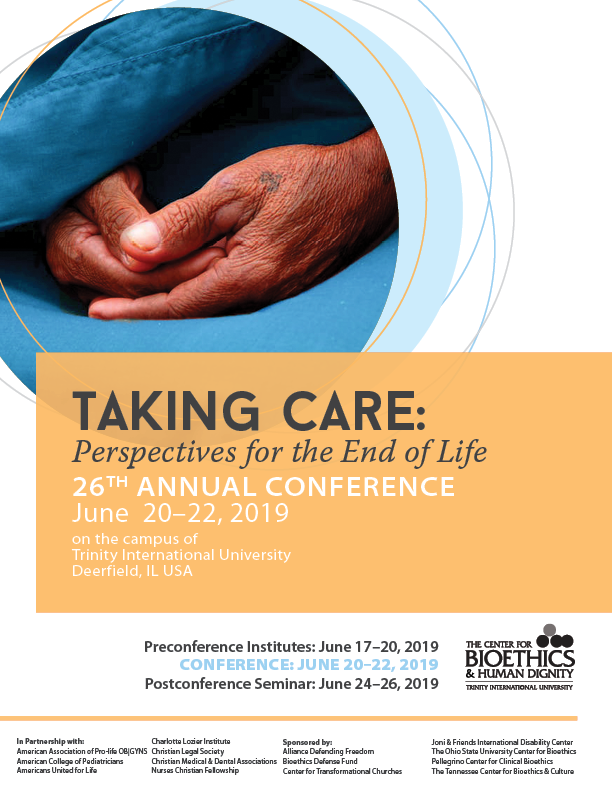
The slippery slope argument is commonly used by opponents of assisted suicide and euthanasia to warn of the dangers of legalization. Assisted suicide proponents, however, often dismiss it, because they claim it lacks logical rigor. Proponents argue, for instance, that legalizing voluntary assisted suicide with careful safeguards (often Oregon’s law is taken as a model here) does not lead to a slippery slope toward involuntary euthanasia. In this presentation I will examine both historical and philosophical reasons that the slippery slope argument is nonetheless valid. Historically, we can see that many proponents of assisted suicide have indeed supported involuntary measures. Further, in some jurisdictions, such as the Netherlands, once assisted suicide becomes socially accepted, it has widened to include more people. Philosophically, it is true that support for voluntary assisted suicide does not logically entail support for involuntary euthanasia. However, support for voluntary assisted suicide undermines values, such as human equality, that would otherwise prevent the descent down the slippery slope. Further, some of the limitations that are supposed to prevent the slippery slope from happening are rather arbitrary and, thus, ultimately ineffective.